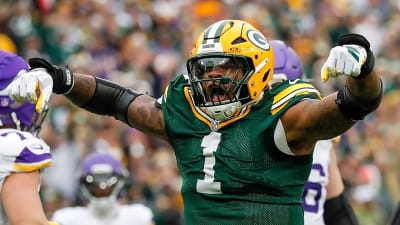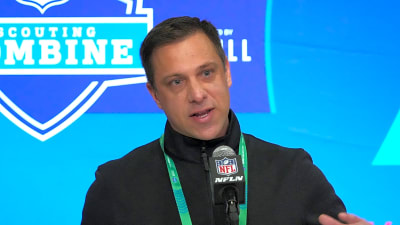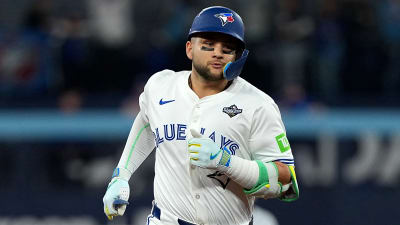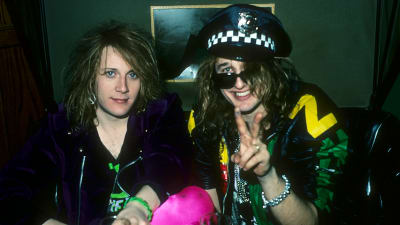
Everything was set up perfectly for Saturday to be like a scene from a movie. The Chicago Cubs versus the Milwaukee Brewers, winner-take-all Game 5 of the NLDS at American Family Field.
After a disappointing season where the Cubs aspired for a division title but came up short, and after going down 2-0 in the series against the Brewers and fighting back to force a Game 5, they now had a chance to get revenge and defeat the team they finished behind.
Unfortunately, the night didn’t end in the Cubs’ favor.
Chicago put up practically no fight with a chance to go to the Championship Series for the first time since 2017. They only managed to get runners in scoring position one time, in the sixth inning, and they squandered that opportunity with two strikeouts and a flyout.
The pitching staff allowed three solo home runs, which was plenty for the Brewers to cruise to a 3-1 win and end the Cubs’ 2025 campaign.
So, after a season that was both exciting and disappointing, it is time to reflect on some of the things we learned from the 2025 season.
Once Again, the Cubs Are No Match for the Brew Crew
2025 marks the third consecutive year where the Cubs have finished behind the Brewers in the NL Central standings.
Despite losing Corbin Burnes, Willy Adames and Devin Williams in recent offseasons, the Brewers manage to improve each season, while the Cubs consistently fall short.
When looking at the two organizations, there is a stark contrast in how each front office fields their team.
The Cubs’ payroll was roughly $90 million higher than the Brewers’ in 2025; Chicago ranked 10th in payroll in MLB while the Brewers ranked 22nd. Despite this, the Brewers clearly had no problems outperforming the Cubs in 2025.
While the NLDS went the distance, the Brewers were clearly the better team when it mattered most.
A big difference is in the Brewers’ player development. While the Cubs got help from players in their pre-arb phase of their career, it is insignificant compared to how much the Brewers utilized young players in building their 2025 team.
Michael Busch, Pete Crow-Armstrong, Matt Shaw, Cade Horton, and Daniel Palencia are some of the names who made under $800,000 in 2025 for the Cubs and played a significant role in the team’s success. However, that list is much longer for the Brewers, and they’ve managed great success in the process.
All told, pre-arb players for the Cubs accumulated 17.8 WAR in 2025, while the Brewers managed to get 26.7 WAR out of their pre-arb guys. That’s a big reason why the Brewers are playing to go to the World Series and the Cubs’ season has come to a close.
King Tuck Will Abdicate His Throne
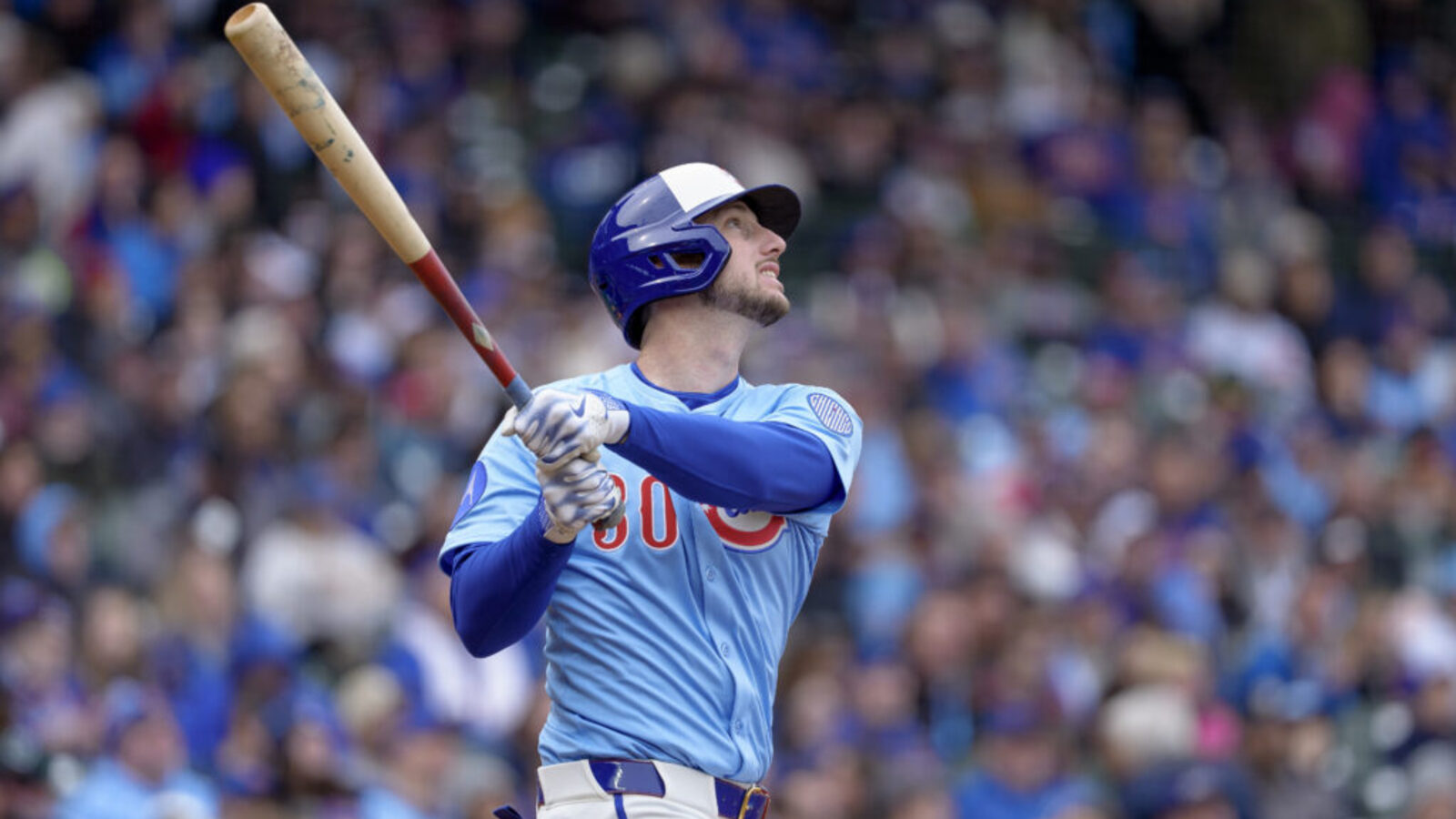
When Kyle Tucker was traded in the offseason, there was speculation over whether the Cubs, a team that is notorious for avoiding big spending and high-profile free agents, would be able to re-sign him after 2025.
Now, there is no speculation necessary; Tucker will almost certainly sign elsewhere.
It was always wishful thinking to believe that Tucker would be a long-term piece of the Cubs. The largest contract the franchise has ever given was to Jason Heyward, at eight years, $184 million. To think that the Cubs would be willing to sign Tucker for the $350+ million contract that he is expected to get was always a bit optimistic.
So, does this make the trade a bad move in the first place? Well, that depends on how you look at it.
Tucker was super productive in the first half of the season, with a .280/.384/.499 slash line. However, he struggled to get going after the All-Star break, posting a .231/.360/.378 slash line. After having 36 extra-base hits in the first half, he only managed 11 in the second half.
The guys the Cubs gave up to acquire him factor into this assessment as well.
Isaac Paredes had a productive season, and Cam Smith is a prospect with a lot of upside. However, the Cubs obviously want Shaw to play third for years to come, so there was no place for either of them.
Additionally, Tucker’s replacement is waiting in Triple-A. Owen Caissie will almost certainly be brought up if (when) Tucker signs with another team, and he will, ideally, fill that role and begin to develop into a major piece of the big-league roster for years to come.
Cade Horton and Matt Shaw Should Make the Organization Excited

A lot was asked of Shaw in 2025. In his first time playing at the highest level, he was tasked with being the starting third baseman for a team trying to win a World Series, and that is not an easy task.
However, after a slow start, he was one of the Cubs’ best hitters at the bottom of the order, and he finished as a finalist for the Gold Glove at third base in the NL.
Horton did not start the season with the club. He came up in May, and, like Shaw, struggled at first.
However, after the All-Star break, he was the Cubs’ ace, throwing 61.1 innings and delivering a 1.03 ERA. For a team that did not have many reliable starting pitchers down the stretch, Horton was the anchor and showed a lot of promise.
Overall, Shaw and Horton combined for 5.1 WAR in 2025, a really promising beginning to the careers of two guys who will hopefully be a part of the Cubs’ core for years to come.
PCA Has Some Work To Do
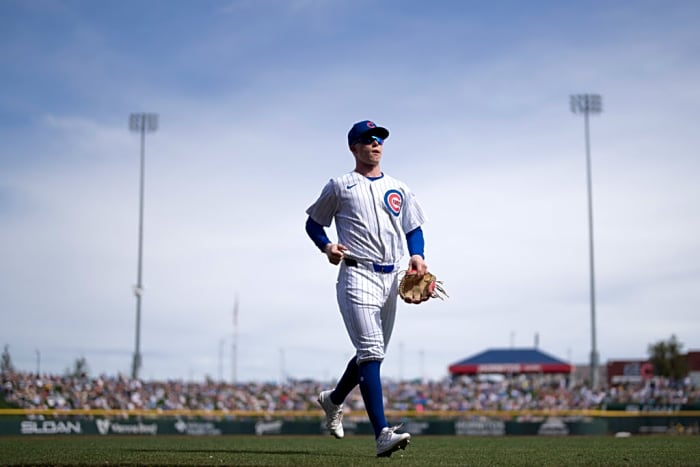
Rarely has there been a player with the tools that Crow-Armstrong possesses. A potential Platinum Glove, 30-30 season in his first full year in MLB shows how good of a player he can be. However, we also saw the lows that he can slump to.
An example of this can be seen by comparing his months June and July to the drastic drop-off thereafter.
In June and July, PCA was really good. He slashed .273/.313/.561 with an .873 OPS and 12 home runs. In August and September, he was not so good, slashing .188/.237/.295 with a .533 OPS and only four home runs.
In the playoffs, things didn’t get much better.
He finished with a .185 /.214/.185 slash line and a .399 OPS. Additionally, he struck out at a rate of 41.3%. This has been, and will continue to be, PCA’s weakness until something changes.
He is one of the league’s best bad-ball hitters, but his strikeout rate will continue to haunt him if he can’t reign it in.
Michael Busch Is the Cubs’ Best Hitter
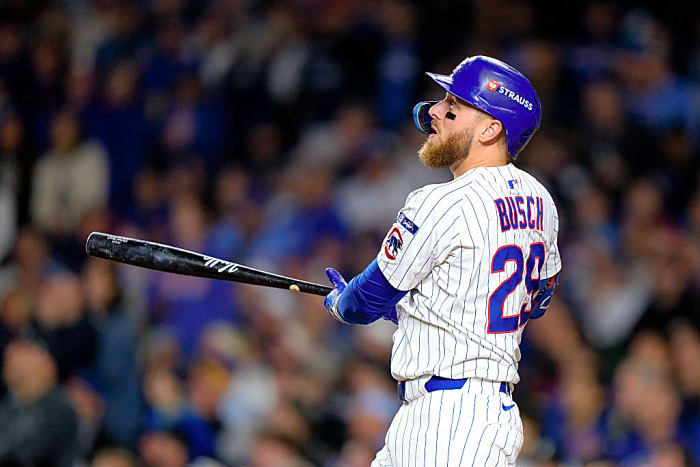
The Cubs acquired Busch from the Dodgers ahead of the 2024 season, and in the past two years he has become a big part of the Cubs’ lineup.
In 2025, he led the Cubs in home runs, SLG, OPS, and OPS+. In a lineup that featured names like Kyle Tucker, PCA, Nico Hoerner and Seiya Suzuki, Busch managed to outshine all of them.
Despite not making the All-Star game, Busch was one of the National League’s top first basemen in 2025, and he was outstanding in the postseason, slashing .296/.387/.741 with a 1.128 OPS and four home runs.
In 2024, Busch was a solid player for the Cubs. In 2025, he proved that he can be a part of the foundation for Chicago for years to come, and one of MLB’s top first basemen.
Final Thoughts
The Cubs made a push to compete for a World Series in 2025 and fell short. That disappointment can be attributed to a thin starting rotation, especially in October, and inconsistent hitting from the stars.
Moving forward, if they can get their rotation healthy with the returns of Justin Steele and Horton, and weave Caissie into an already solid lineup, there is no reason this team shouldn’t be right back in the hunt in 2026.
More must-reads:
- Dodgers' latest World Series championship comes with staggering luxury-tax bill
- Team USA gets commitment from two-time Cy Young winner, flame-throwing closer for 2026 World Baseball Classic
- The 'AL and NL MVPs since 2000' quiz
Breaking News
Trending News
Customize Your Newsletter
 +
+
Get the latest news and rumors, customized to your favorite sports and teams. Emailed daily. Always free!

